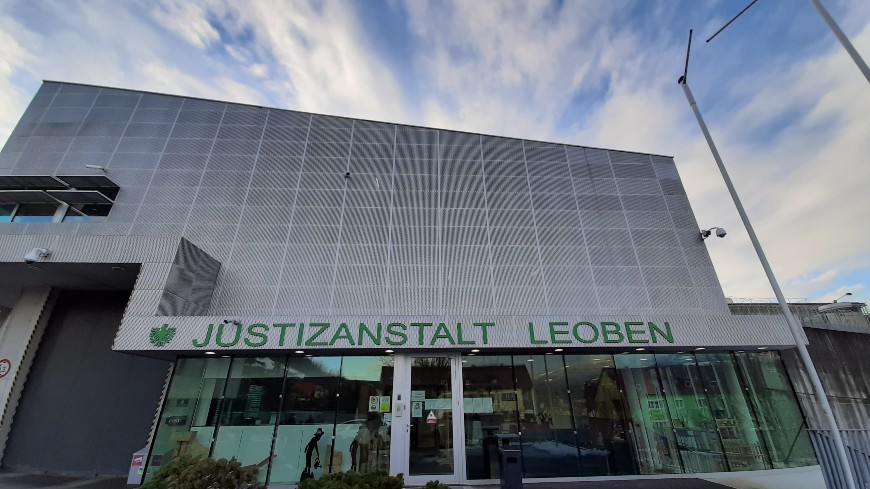In respect of persons held in police custody, the vast majority of detainees interviewed by the delegation made no allegations of ill-treatment. However, the report reiterates the Committee’s doubts as to whether investigations into allegations of police ill-treatment can be seen to be fully independent and impartial, and requests information on the setting up of an independent complaints authority. The fundamental safeguards against ill-treatment (namely, the right of notification of custody and the rights of access to a lawyer and a doctor) appear to be generally well implemented, but the presence of a lawyer during police questioning is still not available to all those detained persons who cannot afford to pay for a lawyer.
As regards persons held in Schubhaft at the police detention centre (Polizeianhaltezentrum - PAZ) at Vienna-Hernalser Gürtel, the overall material conditions at the PAZ have significantly deteriorated. Most parts of the accommodation and communal areas were in an appalling state of repair with corridors, cells and their sanitary annexes dilapidated and dirty. Such conditions are not suitable for holding foreign nationals in Schubhaft for prolonged periods.
In the prisons visited, the delegation received no allegations of physical ill-treatment of prisoners by staff. However, a few allegations of verbal abuse, including of a racist and/or xenophobic nature, were heard at Innsbruck and Vienna-Josefstadt Prisons. While the regime activities offered to some of the prisoners were found to be reasonably good, remand prisoners at the three establishments visited were locked up in their cells for up to 23 hours per day, which is not acceptable. In this context, the CPT requests a complete overhaul of the staffing situation as well as the staff shift pattern in these prisons.
The provision of healthcare at the prisons visited is considered largely satisfactory. However, the presence of medical doctors, nurses and psychiatrists was insufficient. Moreover, access to hospitalisation in psychiatric settings of prisoners with severe mental health problems appeared to be very difficult. The CPT calls once again for the abolition of the practice of involving prison officers in health-related tasks. Additional remarks and recommendations are made in the report concerning admission and complaints procedures, prisoners’ contact with the outside world, security-related issues, and disciplinary measures.
No allegations of deliberate ill-treatment by staff were received from patients with a mental disorder who were subjected to the court-ordered measure of forensic placement (Maßnahmenvollzug). The report praises in particular staff-patient relations and material conditions at Mauer Forensic Hospital Department, which could serve as a model for other secure psychiatric establishments. However, the austere and carceral material conditions for patients at both Göllersdorf and Stein Prisons, the difficulties in recruiting psychiatrists in the prison system and the presence of prison officers carrying weapons in accommodation areas (batons and pepper-spray, and also firearms at night) in both establishments demonstrate once again that ‘ordinary’ prisons are not appropriate for the meaningful implementation of Maßnahmenvollzug. The CPT recommends that the Austrian authorities step up their efforts to overhaul the current system of Maßnahmenvollzug to ensure that patients in Maßnahmenvollzug are accommodated in establishments suitable for providing the treatment and care they need. In this connection, the implementation of Maßnahmenvollzug at Stein Prison should cease as soon as possible.
In their response, the Austrian authorities set out the measures taken or envisaged to implement the recommendations made by the Committee in the report.
- Read the CPT report (in English; in German)
- Read the executive summary (in English; in German)
- Read the governmental response (in English; in German)
- The CPT and Austria




